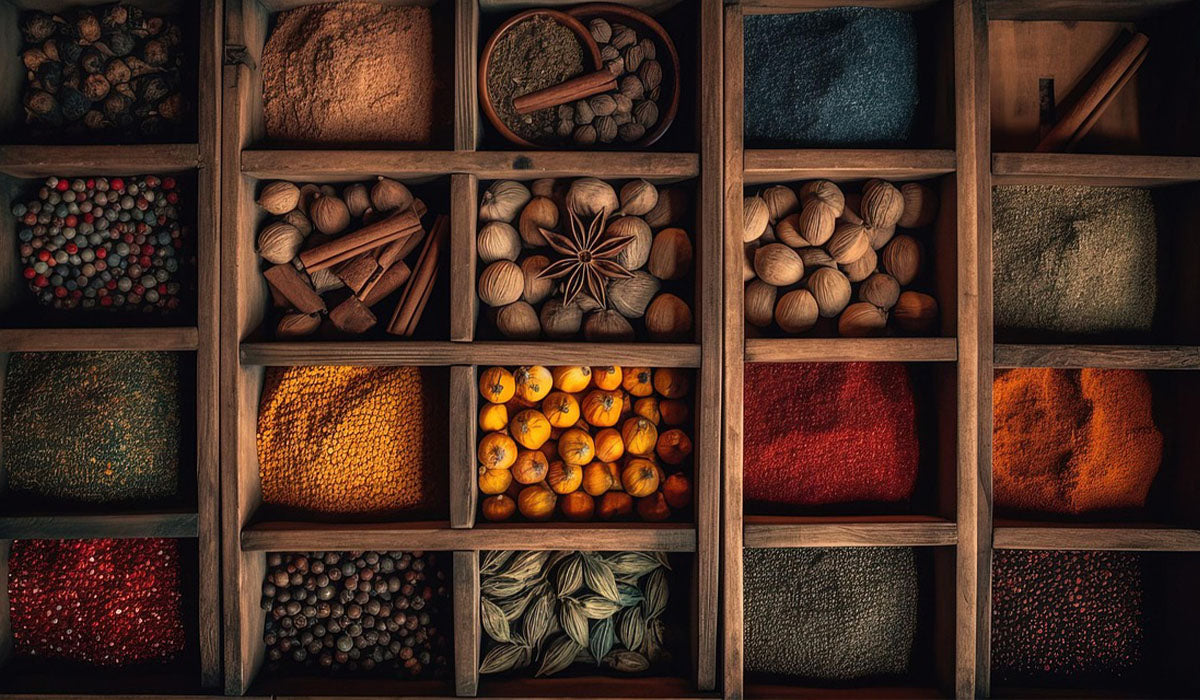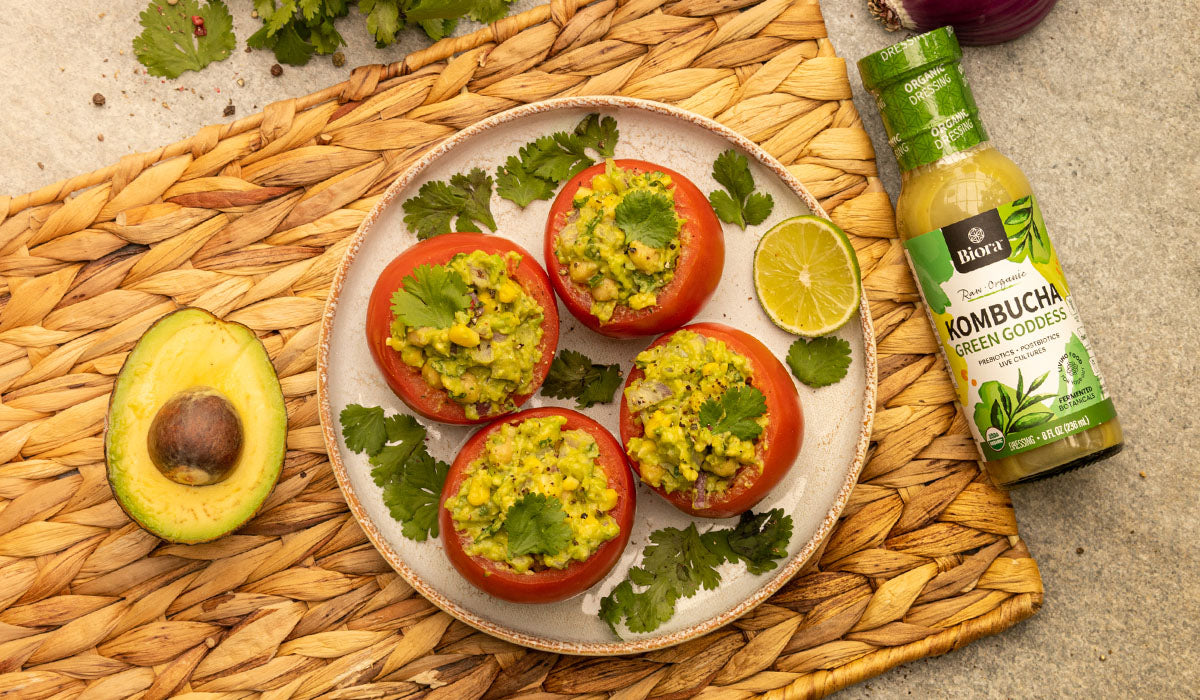Kombucha, the effervescent fermented tea, has sparked curiosity and delight in equal measure. As its popularity soars, one question often arises: does kombucha actually taste good? This blog delves into the unique flavor profile of kombucha, exploring what makes this ancient drink a modern-day fascination.
The Craft of Kombucha and Its Flavor Impact
At its core, kombucha is a simple concoction: tea (black, green, or white), sugar, and a symbiotic culture of bacteria and yeast known as SCOBY. Yet, the simplicity ends there. Fermentation transforms this mixture into a complex, bubbly beverage. The fermentation duration is pivotal: longer periods result in a tangier, almost vinegary taste, while shorter fermentations preserve a hint of sweetness and light effervescence.
But the variations don't stop with fermentation time. The type of tea, sugar quantity, ambient temperature, and even the fermentation vessel can alter kombucha's final taste. Post-fermentation flavorings, such as fruit juices, herbs, or spices, are also added by some brewers to further expand the flavor spectrum.
Tasting Kombucha: A Balance of Sour and Sweet
Describing kombucha's taste is challenging due to its variability. Typically, there's an underlying tartness, with notes reminiscent of cider or apple cider vinegar, balanced by residual sweetness. The fizz adds a refreshing twist, while the tea's nuances and any additional flavors provide a unique taste experience with each sip.
For newcomers, the initial taste of kombucha can be surprising or even perplexing. It's a beverage that demands exploration and gradual appreciation as the palate adjusts to its distinct character.
Beyond Taste: The Benefits of Kombucha
Kombucha's appeal extends beyond its unique taste to its attributed health benefits. Fermentation endows it with probiotics, promoting better digestive health. It's also packed with antioxidants, vitamins, and organic acids that are thought to support various health aspects, from blood sugar regulation to immune system enhancement.
Kombucha in Culinary Arts: A Versatile Ingredient
Kombucha's complex flavor profile makes it more than just a drink. Its versatility in the kitchen is being embraced by modern chefs. Used in dressings (like Biora's kombucha dressings & vinegars), as a marinade, or even in cocktails, kombucha adds an original and depthful touch to dishes and drinks.
Conclusion: An Invitation to Discovery
Kombucha is more than a fleeting health trend. It invites us to explore new flavors, experiment with fermentation, and rediscover the joy of a beverage that is both ancient and refreshingly contemporary. Whether drawn to its health-promising attributes or simply intrigued by its unique taste profile, kombucha offers a realm of possibilities to be explored. So, why not embark on a taste journey and see what kombucha has in store for you?




